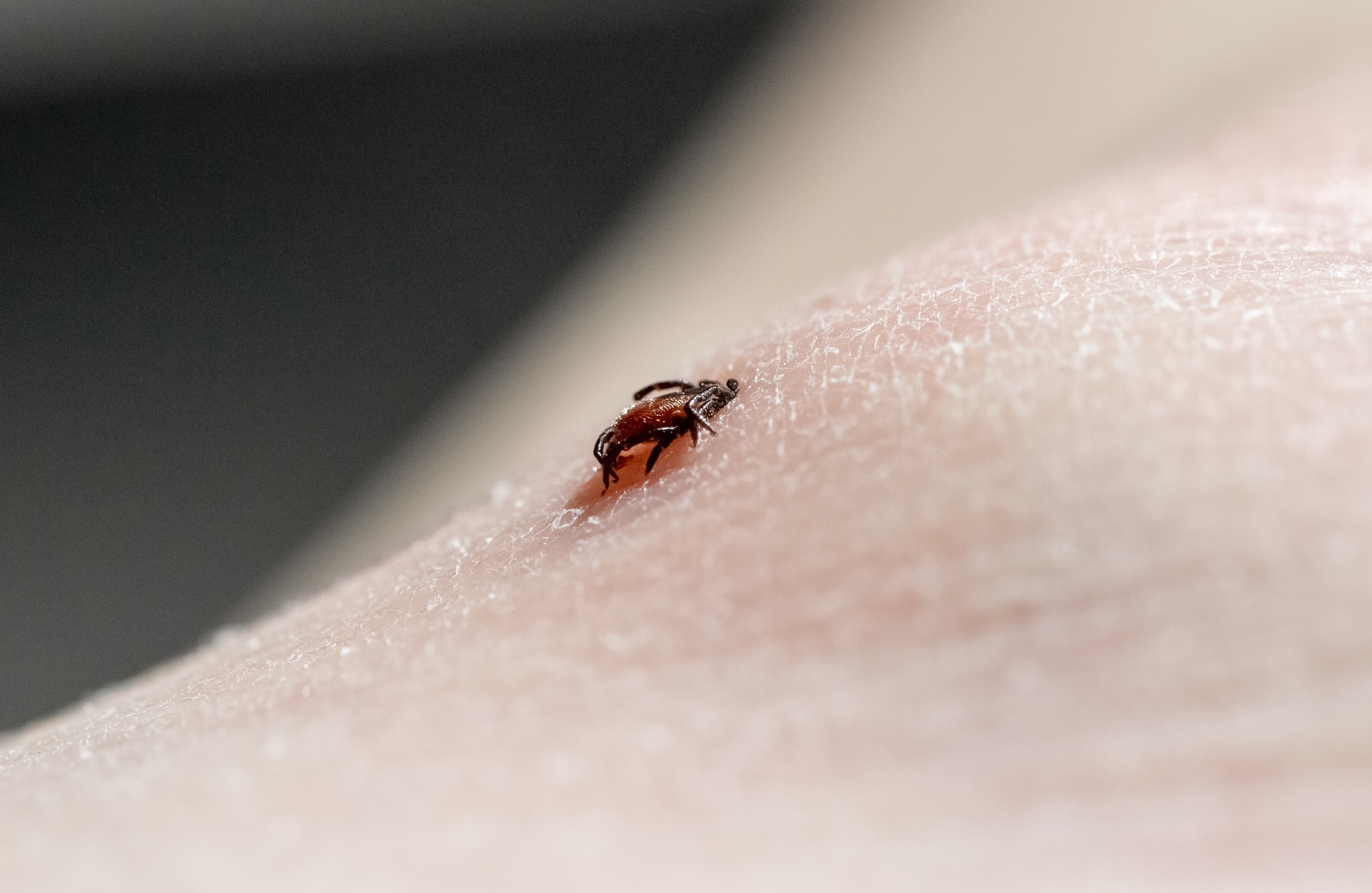Tick-Borne Encephalitis Vaccination
For protection against tick-borne encephalitis, there is a minimum of two doses of the vaccine required for sufficient protection. These need to be administered with a minimum of 14 days in between and the first dose needs to be given a minimum of 1 month before your trip. A third dose can be given five months to a year following the second vaccine.
When to get vaccinated
A minimum of two vaccines need to be administered for protection prior to travel, therefore it is advised that the initial dose takes place at least 1 month before travelling. Please note: Timelines for children's vaccines may differ.
How it is given
The tick-borne encephalitis vaccine is given via injections to the upper arm.
Children
The vaccine is suitable for children aged 12 months and over.
Risks if you contract tick-borne encephalitis
Flu-like symptoms can occur approximately one week after getting a tick bite or being exposed to the infection. If the infection spreads to the brain this can lead to a sore neck, headaches, unable to look at bright lights, seizures, behavioural changes, body weakness, meningitis, permanent paralysis or it can even be fatal.
Course
Adults receive two doses, given at least two weeks in between. A third dose can be administered 5-12 months following the second. After the full course, protection should last for 3 years.
Side effects
Temporary side effects might occur, which could include injection site pain, tiredness, headache, fever, or muscle aches and pains.
Additional precautions
Together with the vaccination it's key to reduce the risk of being bitten by a tick. Check yourself for ticks regularly, avoid touching plants which can harbour ticks, use insect repellent such as DEET and cover your skin.
Before the appointment
Please check the vaccine ingredients for allergens and ensure you are not experiencing a high fever at the time of your appointment.
What is Tick-Borne Encephalitis?
Tick-borne encephalitis (TBE) is a viral infection that mainly affects the central nervous system and is transmitted by infected ticks or by consuming unpasteurised dairy products from infected animals.
While a lot of people may experience mild symptoms, Tick-borne encephalitis can also lead to serious problems such as meningitis or encephalitis, which can be life-threatening. The risks associated with tick-borne encephalitis are particularly high for travellers, especially those venturing into endemic destinations.
It is believed that 10,000–12,000 cases of tick-borne encephalitis are recorded every year, but it is thought that this is much lower than the true figure. Up to 15% of patients go on to experience more severe symptoms and of those 1% may die (source: World Health Organisation).
Symptoms begin with flu-like signs around one week following exposure. If TBE spreads to the brain this can lead to further symptoms such as a sore neck, headaches, being unable to look at bright lights, seizures, behavioural changes, body weakness, meningitis or permanent paralysis and it can lead to death.

Prominent regions at risk for TBE exhibit a high concentration of infected ticks in rural environments during warm months. Travellers who are going to hike, camp or take part in outdoor sports in these areas should be cautious.
The risk of TBE is much lower in the UK. The tick species that can carry the TBE virus are present, but the disease is extremely rare. Geographical distribution and climate conditions help to this lower risk.
For those planning to travel to high-risk areas, it is vital to get vaccinated, as well as practice protective measures. Strategies like wearing clothing that covers the skin, using insect repellent, not touching plants, only consuming pasteurised dairy produce and frequently checking yourself for ticks to then brush them away quickly, all play an important part.
The tick-borne encephalitis immunisation course is estimated to be 92% effective against the infection, and it defends well against mild symptoms as well as reducing illness resulting in hospitalisation (source: National Library Of Medicine).
